We crossed the Firth of
Tay and from Dundee headed into the Highlands with a lunch stop at
Braemar, home of the Royal Highland Games for over 900 years. Stops were
too brief for photos, but we managed a few of Speyside and the Grampian
Mountains before visiting the Glenlivet whisky distillery where a guide
explained how barley, water and yeast was converted into the "water of
life"; very few refused a sample of the heart-warming liquor.
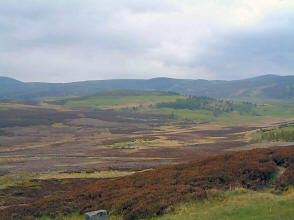
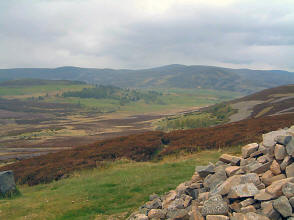
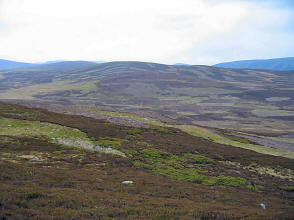
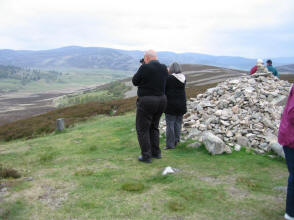
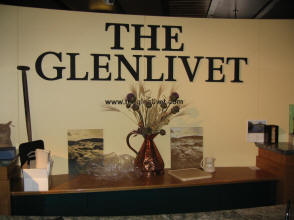
CULLODEN
Tour Director, Gordon
Tait, led our group onto the field where the Battle of Culloden had
taken place. He noted that recent archaeological studies had indicated
that the battlefield was much larger for the numbers of English troops,
who must have stretched further to the southeast than had been
previously thought. He drew our attention to a monument erected in the
memory of the "rebel clans". We hadn't noticed it on our visit in 2001,
so Doug observed that it was about time that the Scottish patriots had
been honoured.
Truth be known, there had
been centuries of association between the MacDonalds ("Lords of the
Isles", who were descended from Somerled) and the O'Beolan Earls of
Ross.
Another factor was that
the Earl of Cromarty and his son were raising a regiment which included
Malcolm Ross, heir apparent to Clan Ross which had converted to the
Presbyterian or Church of Scotland faith. It may be assumed that many in
this regiment opposed being ruled by a foreign (German/Hanoverian) king,
George I, and that these "Scottish patriots" sided with the Jacobites
and Bonnie Prince Charlie. Unfortunately (or perhaps fortunately), the
regiment was ambushed on the day before the battle at Culloden in
1745 and all were listed as rebels.
Descendants of the
"Scottish Patriots", who fought in this revolution, are allowed to wear
a white cockade on their hat. Sir James Lockhart-Ross of Lanark, no
relation to the Rosses of Balnagowan, led the 28th Regiment of Foot
under the command of the Duke of Cumberland and inherited Balnagowan
Castle in June 1758 with the military title of Major General. Members of
this usurping, fraudulent line were never confirmed as chiefs of Clan
Ross, although they often presented themselves as such.
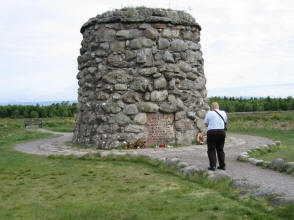
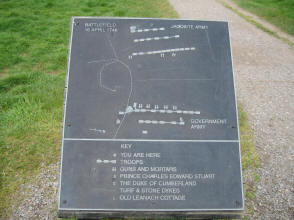
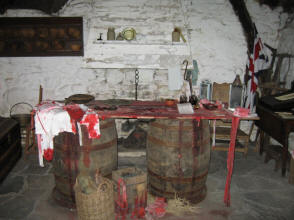
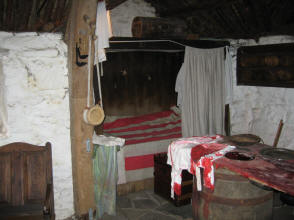
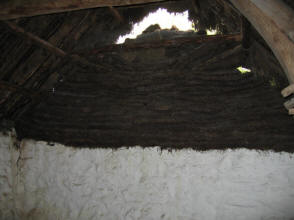
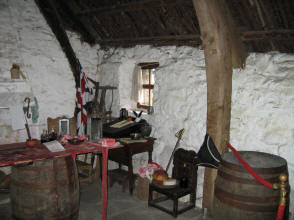
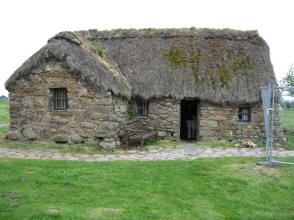
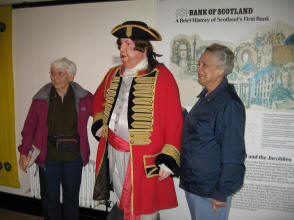
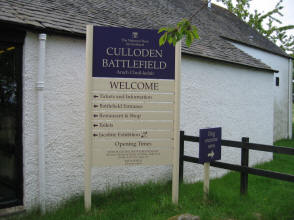
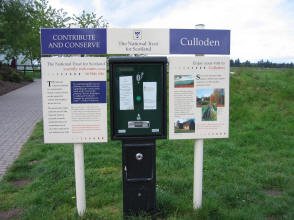 |

